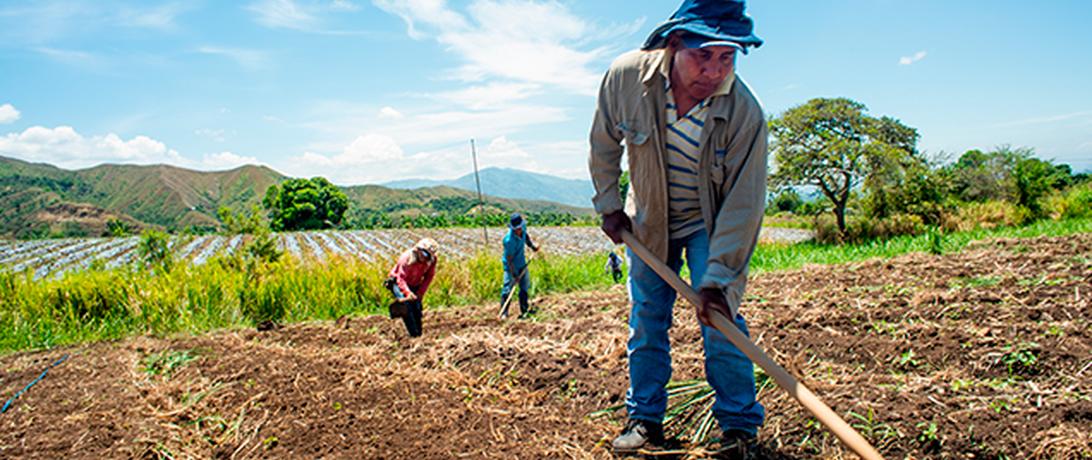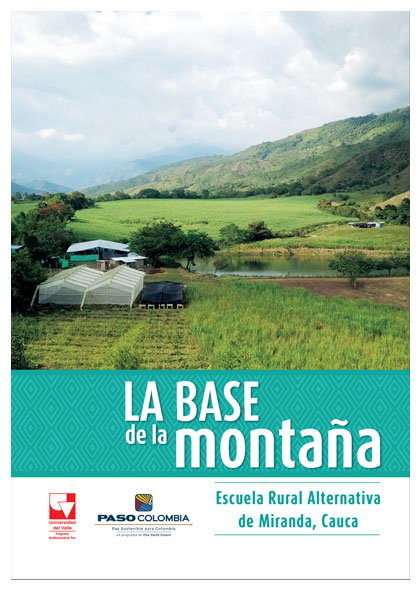
Virtual meeting on Alternative Rural Schools (ERA) and Economic Reincorporation in Colombia
Due to hacker attacks this event had to be rescheduled.
We will be communicating the new date in the next few days.
The Institutional Peace Program of the Universidad del Valle will hold the forum Rural Alternative Schools (ERAs) and Economic Reincorporation in Colombia. The ERAs are collaboration platforms implemented by PASO Colombia, where ex-combatants in the reincorporation process develop collective economic projects in partnership with local communities, public and private organizations, and international cooperation agencies. This virtual event is part of the “Rural Dialogues” series organized each Thursday by the university.
The forum will include the participation of:
- Raúl Rosende, Director of Verification of the UN Verification Mission in Colombia;
- Nelson Darío Velandia, program director of the Agency for Reincorporation and Normalization (ARN);
- Juan Fernando Lucio, director of PASO Colombia;
- Horacio Castro, representative of FARC in the Table of Reincorporation of Valle del Cauca and in the Departmental Council of Peace;
- Valeria Eberle and Adolfo Álvarez researchers from the Institute of Research and Intervention for Peace of the Universidad del Valle;
- Oscar Echeverry, participant of the ERA in Miranda, Cauca;
- Juan Antonio Castro, participant of the ERA in San José, Guaviare;
- Carolina Vargas, participant of the ERA in Manaure, Cesar.

The conversation will be organized into two panels. The first one is about the current situation of economic reincorporation in the country. The second will discuss the experiences on territorial peacebuilding in the ERAs. The participants in this collaboration platforms will share their perspectives for the future and challenges as well as lessons learned in the process of achieving the sustainability of their economic projects. Additionally, they will speak about the contribution of the ERAs to the reincorporation process, as well as to the territorial peace building.
During this event, PASO will release the publication The Base of the Mountain: Rural Alternative School in Miranda, Cauca. This document is the result of the research conducted by the Institutional Peace Program from the Universidad del Valle in partnership with PASO Colombia. The Base of the Mountain explores the development process of the Rural Alternative School (ERA) in Miranda, Cauca, and the lessons learned throughout its three years of operation. This document highlights the fact that the ERA in Miranda has been established as a model of collaborative work among former combatants, farmers, and allied institutions in a bid for the rural development of the territories affected by conflict. This publication is a contribution for all those interested in peacebuilding and inclusive rural development.
Article Details
Published
Topic
Program
Content Type
News